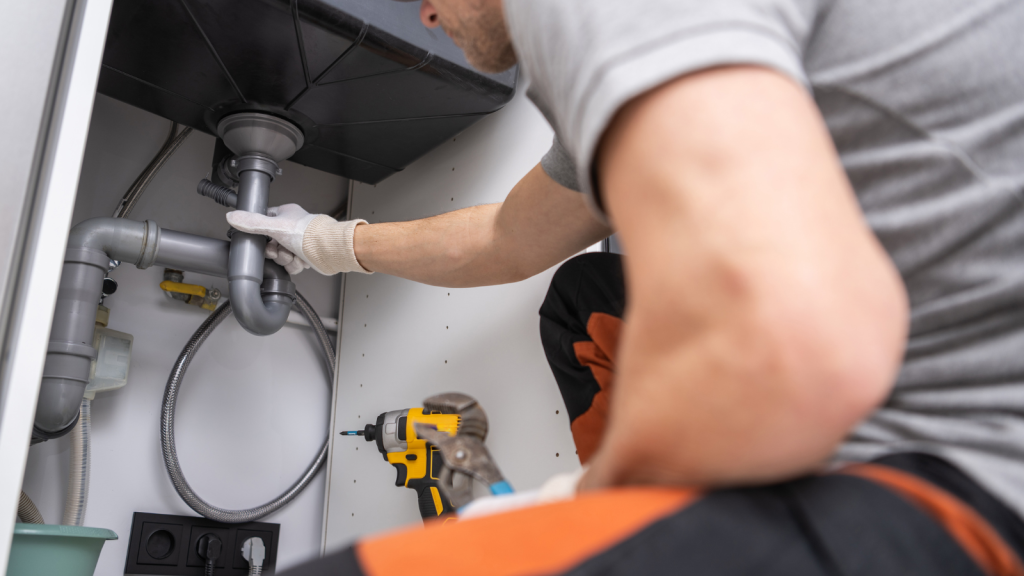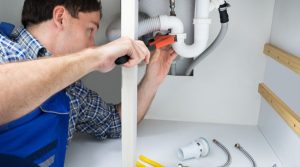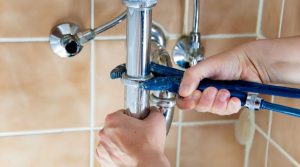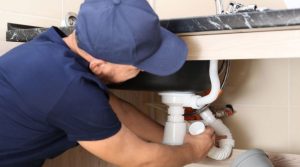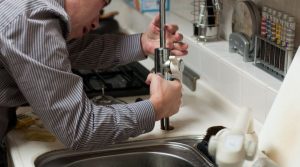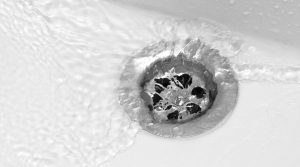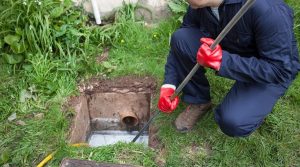Key Takeaway:
- Regular seasonal plumbing maintenance is crucial for avoiding common problems like frozen pipes in winter or clogged drains in summer. Use this 10-point checklist to keep your plumbing system functioning smoothly year-round.
What is the Most Common Seasonal Plumbing Problem?
The most frequent seasonal plumbing issue is frozen pipes during winter. When temperatures drop, unprotected pipes can freeze, leading to blockages, leaks, or even bursts, which can cause significant water damage to your home.
Facing a plumbing emergency? Reach out to BJC Jersey City Plumbers for 24/7 expert service at a price you can afford!
10-Point Seasonal Plumbing Maintenance Checklist
1. Insulate Pipes: Before winter, insulate exposed pipes, especially in unheated areas like garages, attics, or basements. This prevents freezing and bursting during cold months.
2. Check for Leaks: Inspect pipes and faucets for leaks, particularly after winter. Cold weather can cause cracks that worsen if ignored.
3. Test the Water Heater: Ensure your water heater is in top shape by checking the temperature settings and flushing out sediment buildup. This is especially important before winter when hot water demand increases.
4. Clean Gutters and Downspouts: Clear leaves and debris from gutters and downspouts in the fall to prevent water backup and potential damage from rain or snow.
5. Inspect Outdoor Faucets: Disconnect and drain outdoor hoses before the first frost to prevent water from freezing inside the faucets and causing damage.
6. Check the Sump Pump: Regularly test your sump pump, especially before rainy seasons, to ensure it can handle increased water flow during heavy storms.
7. Service Your Sewer Line: Tree roots and debris can clog sewer lines, particularly in spring. Have a professional inspect and clean them to prevent blockages.
8. Inspect Washing Machine Hoses: Check hoses for cracks or leaks, especially during seasonal transitions when temperature changes can affect rubber components.
9. Run Water in Unused Drains: To prevent debris buildup and unpleasant odors, run water through seldom-used sinks or showers, particularly after a long winter or dry spell.
10. Schedule a Professional Inspection: A professional plumber can catch hidden issues early, saving you from costly repairs down the road. Regular inspections ensure your system runs smoothly.
FAQ
What should I do if my pipes freeze in winter?
Shut off the water supply immediately and call a plumber. You can try using a hairdryer or space heater to thaw the pipes, but avoid open flames to prevent further damage.
How often should I inspect my water heater?
Inspect your water heater at least once a year. Check the temperature settings and watch for leaks or sediment buildup that may reduce efficiency.
Can tree roots damage my sewer lines?
Yes, tree roots commonly cause sewer line blockages, particularly in the spring. A professional sewer inspection can detect and prevent serious damage.
Conclusion
Seasonal plumbing maintenance is a small investment that yields big returns for your home’s longevity. By following this 10-point checklist and addressing issues like frozen pipes or clogged drains, you can avoid costly repairs and keep your plumbing running smoothly year-round. Regular upkeep not only protects your home but also provides peace of mind, knowing you’re ready for whatever the weather brings.
Be proactive and stay ahead of potential plumbing problems this season!

